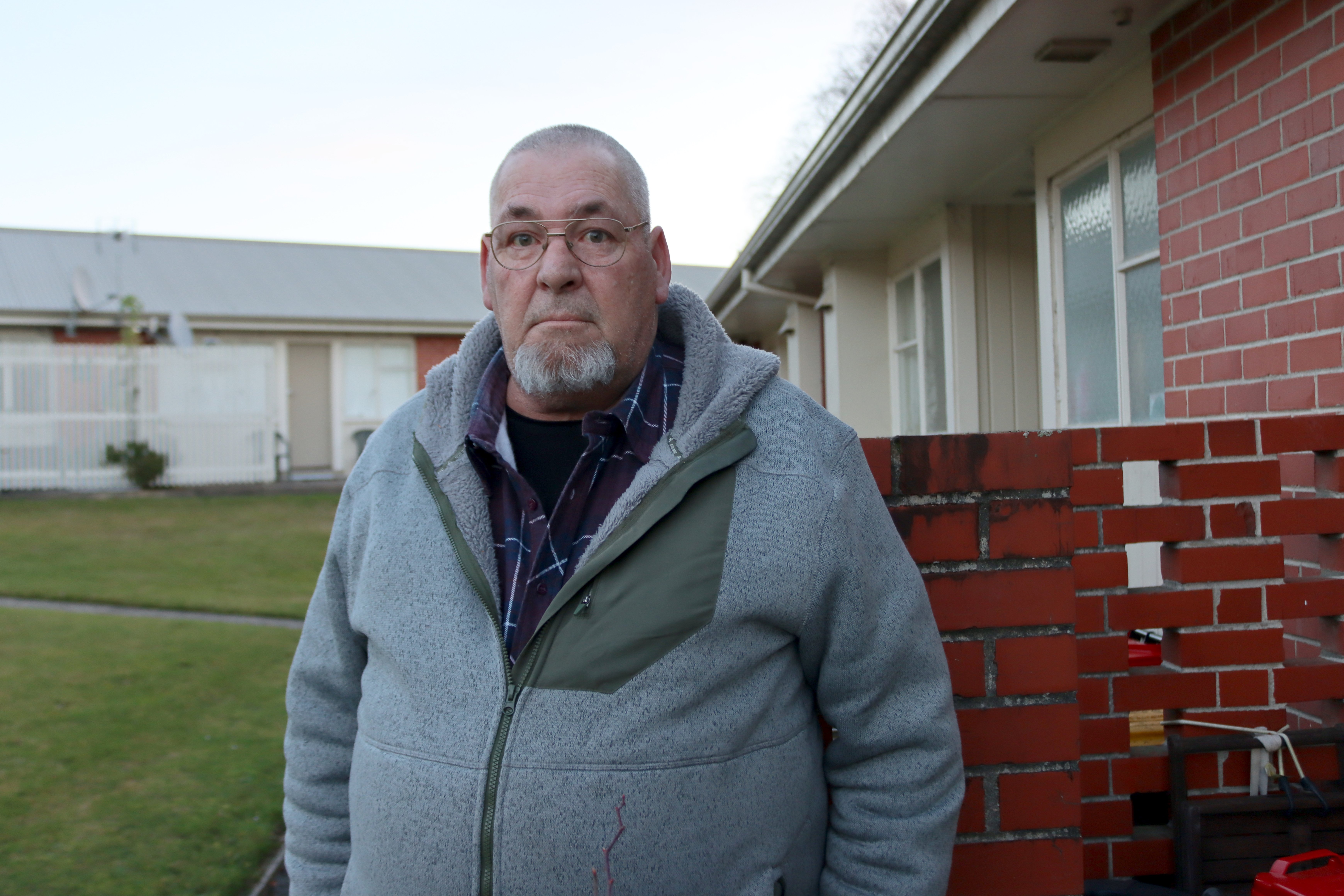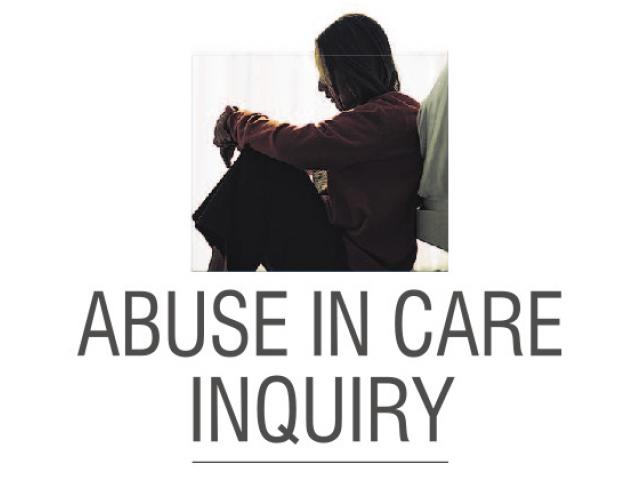

It was the largest, longest and most complex public inquiry held in New Zealand, spanning six years and including the testimonies of nearly 3000 survivors.
The proceedings were streamed online and screened at events in Christchurch, Auckland and Wellington.
In his apology, Mr Luxon said it was a "significant, sorrowful but important day" for survivors and all of New Zealand.
The abuse that occurred in state care, churches and other faith-based places was "horrific", "heartbreaking" and "never should have happened".
"For many of you it changed the course of your life, and for that, the government must take responsibility."
Peter Curzon, of Dunedin, travelled to Christchurch to watch the apology at an event held in the city’s town hall.
More than 300 people attended, many of whom were upset, with some even booing and swearing during the proceedings, he said.
"Everybody was so happy with the Labour Party, they all clapped their hands.
"The reaction from National, it wasn’t good."
Mr Curzon was placed into state care in 1969 and, at 10 years old, was given several electroconvulsive therapy (ECT) sessions and treated with anti-psychosis drugs in unit nine at Wakari Hospital, before being admitted to Cherry Farm, the former psychiatric hospital at Hawksbury.
He was later sent to Campbell Park school for boys in North Otago, where he said he was physically abused and then sexually assaulted when he was 14.
Mr Curzon said he felt "absolutely annoyed" by the Prime Minister’s apology.
He had travelled to Christchurch to see if Mr Luxon would apologise to everyone who had been given ECT treatment, and had not liked that only Lake Alice Psychiatric Hospital, near Whanganui, had been mentioned by name.
"I was actually livid.
"The Prime Minister didn’t say anything about anybody else in the country, he just said Lake Alice.
"I was annoyed. I was absolutely in tears."
Mr Curzon said it was not a "proper apology", from his point of view.
In his speech, Labour leader Chris Hipkins said what survivors and their loved ones had experienced spanned an "unimaginable spectrum of horror", perpetuated within a state system that allowed it and by people they should have been able to trust.











